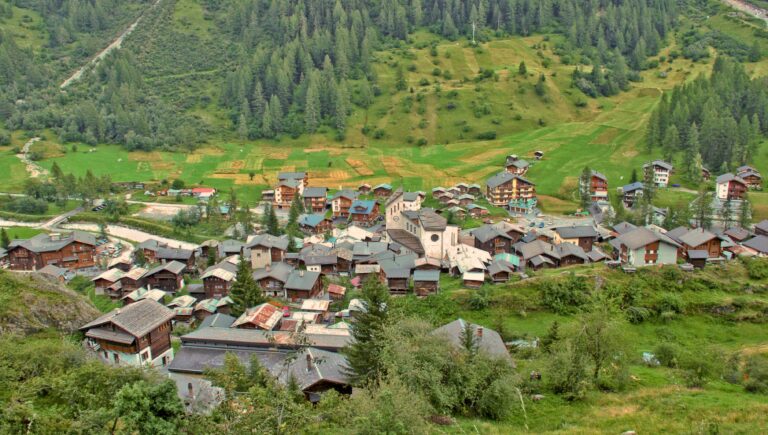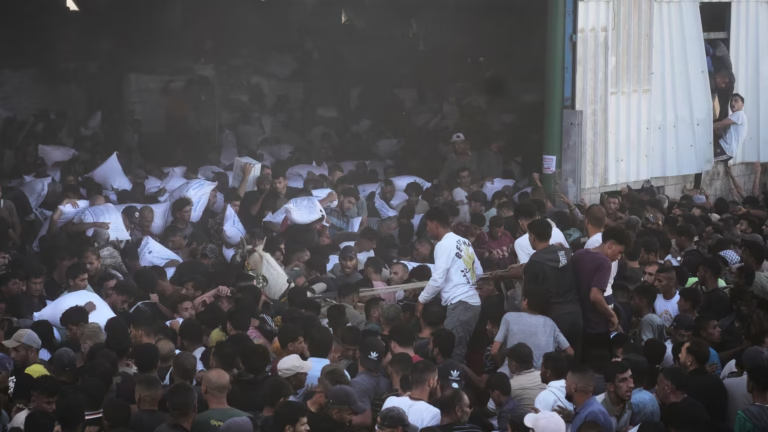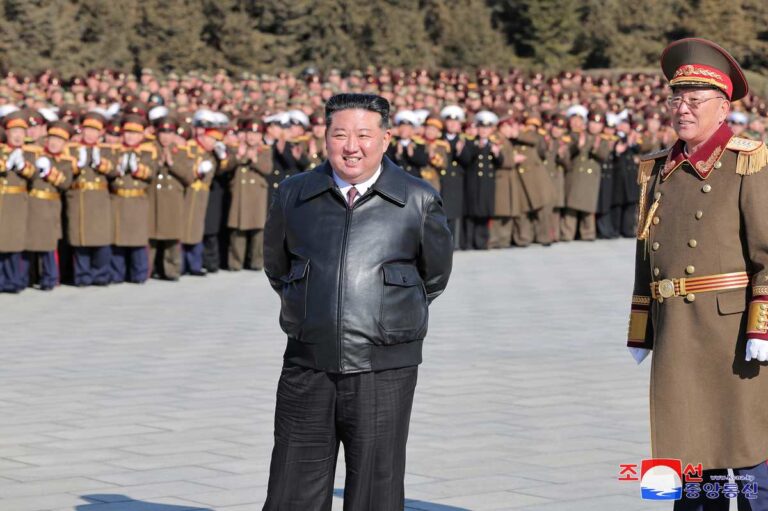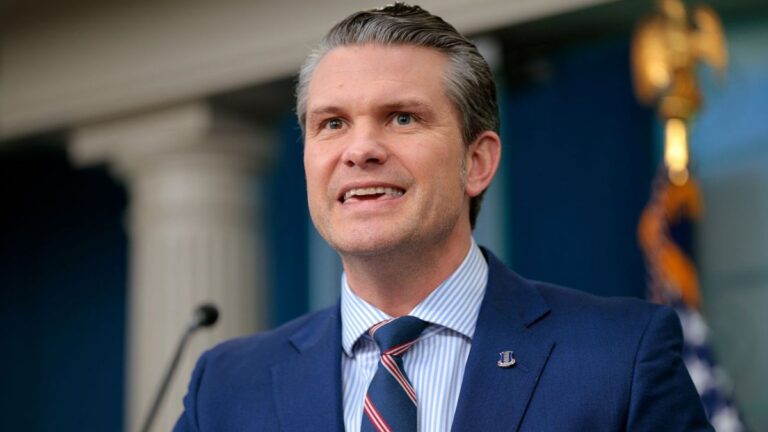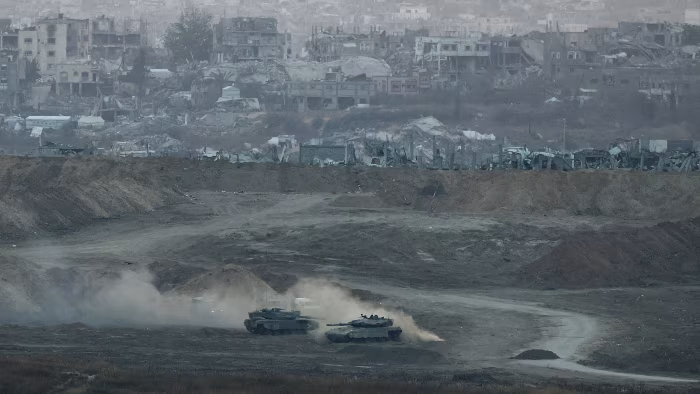
What Has Israel Decided?
Israel’s security cabinet, led by Prime Minister Benjamin Netanyahu, has unanimously agreed to a new, much bigger military operation in the Gaza Strip. This plan is not just about fighting Hamas, the group that controls Gaza. It’s about occupying more territory, moving Palestinian civilians to the south for their “protection,” and taking control of how humanitarian aid is delivered45678.
The Israeli military will call up tens of thousands of reservists. The goal is to move from quick raids to actually staying in the areas they capture, making sure that Hamas cannot regroup or use humanitarian aid for their own benefit678.
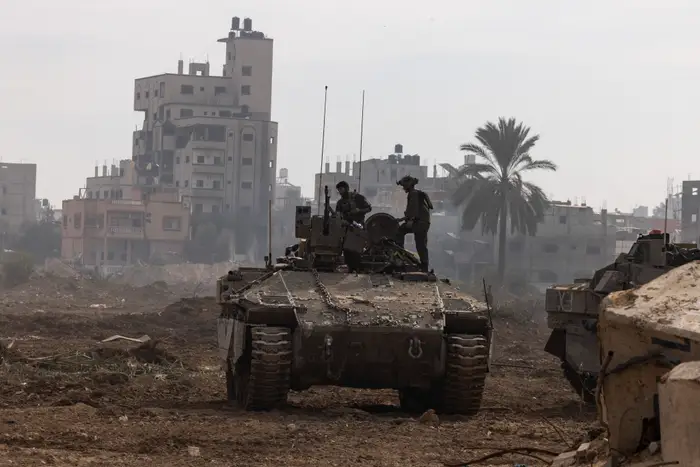
Why Now?
This move comes after months of fighting and failed attempts at a ceasefire. Israel says it needs to act because Hamas continues to launch attacks and hold hostages. The government believes that only by fully defeating Hamas and controlling the area can they bring security to Israeli citizens and free the hostages still held in Gaza568.
Another reason for the timing is the upcoming visit of U.S. President Donald Trump to the region. Israel has said it will wait until after his trip to start the new operation, hoping there might still be a chance for a deal to release hostages56.
What Will Happen in Gaza?
The new plan is expected to be even more intense than previous operations. Israeli forces will likely occupy much of Gaza, pushing the civilian population further south, especially toward the city of Rafah. The military will also take over the distribution of food and supplies, trying to make sure Hamas does not get access to aid45678.
But this strategy is controversial. Many humanitarian organizations and the United Nations are warning that moving so many people and blocking aid could make the already terrible humanitarian crisis in Gaza even worse. There are fears of famine, disease, and more civilian deaths68.
What Are the Main Goals?
Here’s what Israel says it wants to achieve:
- Defeat Hamas and prevent it from ever rebuilding its military power568.
- Free all Israeli hostages held by Hamas568.
- Keep control over security zones along the border to protect Israeli towns67.
- Take over the distribution of humanitarian aid to stop Hamas from using it678.
- Possibly encourage the “voluntary departure” of Gazans to other countries, though this idea has been strongly criticized by human rights groups and the United Nations7.
How Are People Reacting?
Inside Israel: Some people support the plan, believing it’s the only way to stop attacks from Gaza. Others, including families of hostages, are worried that a bigger offensive could put their loved ones in more danger6.
In Gaza: The situation is already desperate. More than 52,000 Palestinians have died in the conflict, and nearly 120,000 have been injured in the past eighteen months. Most of Gaza’s 2.3 million people are struggling to find food, water, and safety468.
Internationally: The United States and other countries are watching closely. While some support Israel’s right to defend itself, many governments and organizations are urging Israel to avoid actions that could be seen as forced displacement or ethnic cleansing. The United Nations has called for an immediate ceasefire and more aid for Gaza7.
What’s Next?
The expanded military operation could begin soon after President Trump’s visit, unless a deal is reached to free the hostages. If the offensive goes ahead, it will likely last for months and could reshape the future of Gaza and the entire region456.
Israel says it will not pull out of the areas it captures, even if Hamas agrees to a new deal. This means a long-term Israeli presence in Gaza is possible, something that would be a major change from past strategies567.
Why Is This Important for the World?
The Israel-Gaza conflict affects more than just the people living there. It’s a key issue for peace and stability in the Middle East. What happens next could influence relations between Israel and its neighbors, the role of the United States, and the future of millions of Palestinians.
If the humanitarian situation gets worse, there could be more calls for international action. And if the fighting spreads, it could lead to more instability in the region.
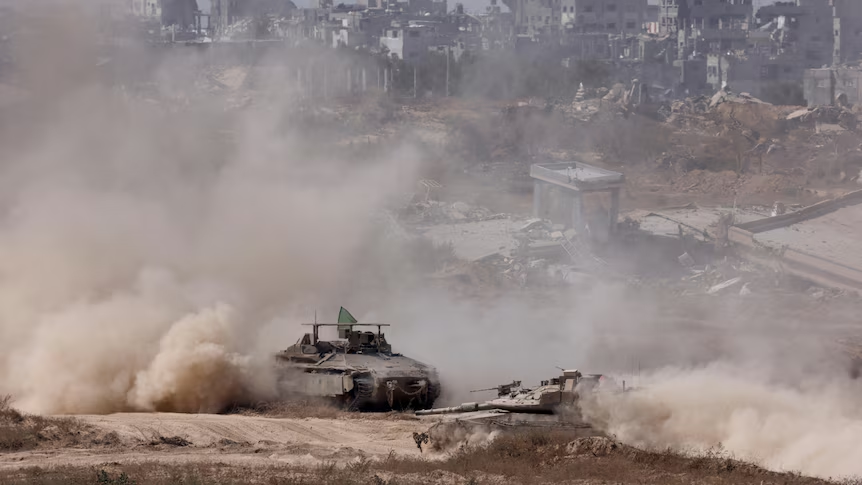
FAQ Box
Q: Why is Israel expanding its offensive in Gaza now?
A: Israel says it wants to defeat Hamas, free hostages, and stop attacks on Israeli communities. The decision comes after failed ceasefire talks and is timed around a visit by U.S. President Donald Trump456.
Q: What will happen to the people in Gaza?
A: Many civilians may be forced to move south, especially toward Rafah. There are serious concerns about food shortages, lack of medical care, and more civilian deaths due to ongoing fighting and blocked aid68.
Q: How will humanitarian aid be affected?
A: Israel plans to control how aid is delivered, aiming to keep it away from Hamas. But this could make it even harder for ordinary people in Gaza to get food and supplies678.
Q: Is the international community supporting Israel’s plan?
A: Some countries support Israel’s right to defend itself, but many-including the United Nations-are warning against actions that could lead to forced displacement or ethnic cleansing7.
Q: Could this lead to peace in the region?
A: Most experts think the expanded offensive could make peace harder to achieve in the short term, especially if the humanitarian crisis worsens and more civilians are displaced or killed678.
The situation in Gaza is changing quickly. For the latest updates and in-depth analysis, keep following trusted news sources.
